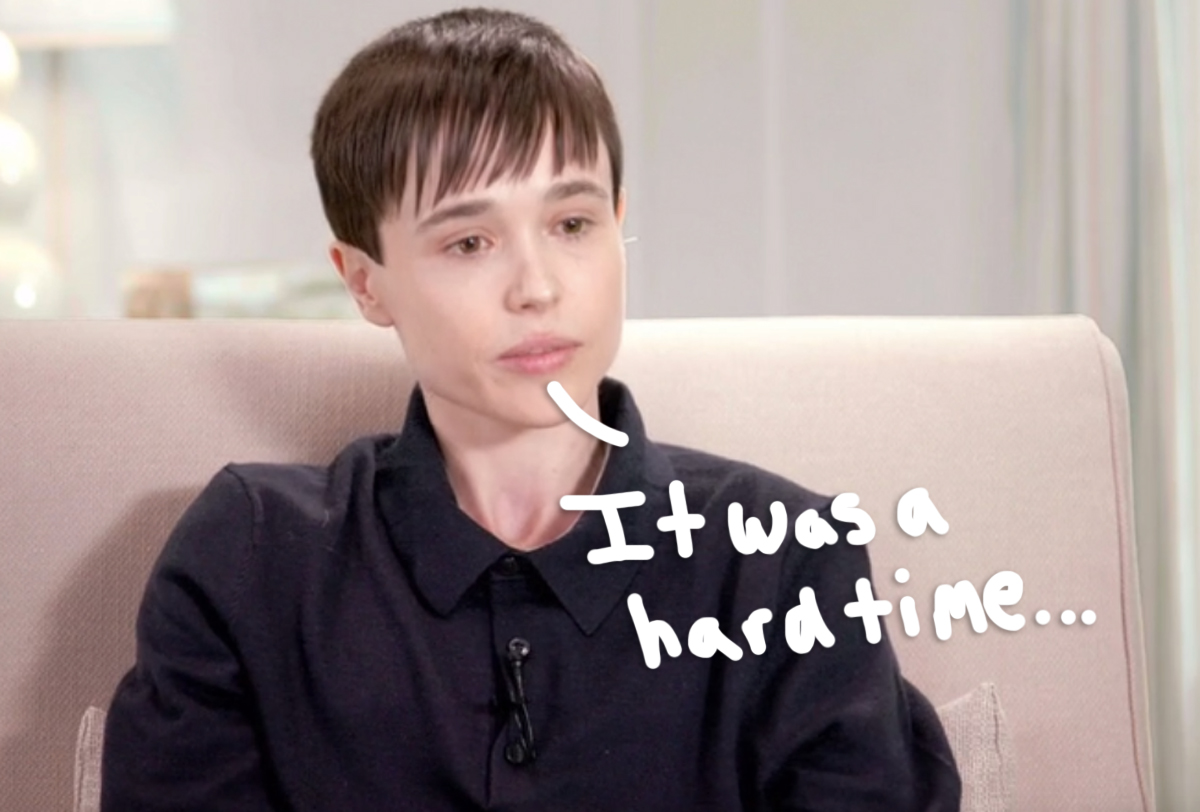# Slaoui proposes half-doses of Moderna’s COVID-19 vaccine to speed vaccinations

Table of Contents
“#
Slaoui proposes half-doses of Moderna’s COVID-19 vaccine to speed vaccinations
”
The Food and Drug Administration responded, saying giving half doses or single doses of authorized vaccines is ‘not rooted solidly in the available evidence’
A previous version of this report incorrectly indicated that Dr. Slaoui was suggesting consideration of a shift to a one- rather than two-dose regimen of the Moderna vaccine. He was suggesting a regimen of two half-doses. The story below has been corrected.
A government official suggested that Americans should be given half-doses of Moderna Inc.’s COVID-19 vaccine in order to speed up the number of immunizations in the U.S.
“We know it induces identical immune response to the 100-microgram dose, and therefore we are in discussion with Moderna and with the FDA,” Slaoui said in an interview on CBS’s “Face the Nation.”
Shares of Moderna
MRNA,
gained nearly 7% on Monday.
The Cambridge, Mass.–based biotech company received emergency-use authorization from the Food and Drug Administration for its COVID-19 vaccine on Dec. 18 and said it has since shipped roughly 18 million doses of the vaccine in the U.S. That’s enough to vaccinate 9 million people.
A Moderna spokesperson said the data used to inform the EUA is based on a two-dose regimen of 100 micrograms each. “At this point, we don’t have any further information to share about any potential ongoing regulatory discussions,” Ray Jordan, Moderna’s chief corporate affairs officer, told MarketWatch via email.
In a statement on Monday night, the FDA said considering half doses, single doses, mixing and matching different vaccines, and extending the time between doses “are all reasonable questions to consider and evaluate in clinical trials.” But the regulator said that making these changes now “is premature and not rooted solidly in the available evidence.”
Outside medical experts are split on Slaoui’s rationale, with some citing the limitations of the clinical data informing his comments (which is similar to what the FDA said) and others saying it could be a necessary action given the daily rates of cases, hospitalizations and deaths.
At least 350,000 people in the U.S. have died from COVID-19, following the deadliest American month so far in the pandemic.
In the United Kingdom, health officials said last week that they planned to delay second doses of the vaccines developed by Pfizer Inc.
PFE,
with German partner BioNTech SE
BNTX,
22UA,
and by AstraZeneca
AZN,
AZN,
with the University of Oxford to ensure that more people in the priority group receive the first round of immunizations. The decision was prompted by the identification of a new variant of the virus in the U.K.
“The idea of deferring dose 2 makes a lot of sense in the short term,” Dr. Christopher Gill, an associate professor at the Boston University School of Public Health, said in an email. “It will still be important to give the second dose later, but delaying this is unlikely to matter much.”
See: Fauci reportedly says U.S. will not extend interval between vaccine doses
Moderna’s Phase 3 clinical trial showed the vaccine had an efficacy rate of approximately 92% two weeks after the first doses were administered. The second dose of Moderna’s vaccine is given four weeks after the first dose, and then the vaccine is expected to be 94% efficacious.
“It’s not enough to hang your hat on for a major vaccination,” said Dr. Paul Offit, a pediatrician at Children’s Hospital of Philadelphia and a member of the FDA’s advisory committee on vaccines.
In a peer-reviewed study published Dec. 30 in the New England Journal of Medicine recapping the Phase 3 clinical trial, which received financial backing from the U.S. government, the investigators said their findings “suggest that some degree of prevention may be afforded after the first dose,” but added that the trial was not designed to evaluate the efficacy of a one-dose version of the vaccine.
In an FDA document published during the regulatory process, the agency shared some data about efficacy after one dose that had been provided by Moderna. Gill pointed out that it’s important to look at efficacy rates at least two weeks post-vaccination.
“The immune system takes some time to respond to the vaccine dose, particularly the first dose,” he said. “You can see in the figure that after 14 days the incidence of cases is practically zero. “
The U.S. in December authorized two COVID-19 vaccines: Moderna’s mRNA-1273 and BioNTech and Pfizer’s BNT162b2, both of which are mRNA vaccines that require two doses and reported about 95% efficacy in clinical trials.
This is Moderna’s first FDA-authorized product. Shares of the company have soared 487.4% over the last year, while the S&P 500
SPX,
is up 16.2%.
By
Jaimy Lee
If you liked the article, do not forget to share it with your friends. Follow us on Google News too, click on the star and choose us from your favorites.
For forums sites go to Forum.BuradaBiliyorum.Com
If you want to read more News articles, you can visit our News category.




